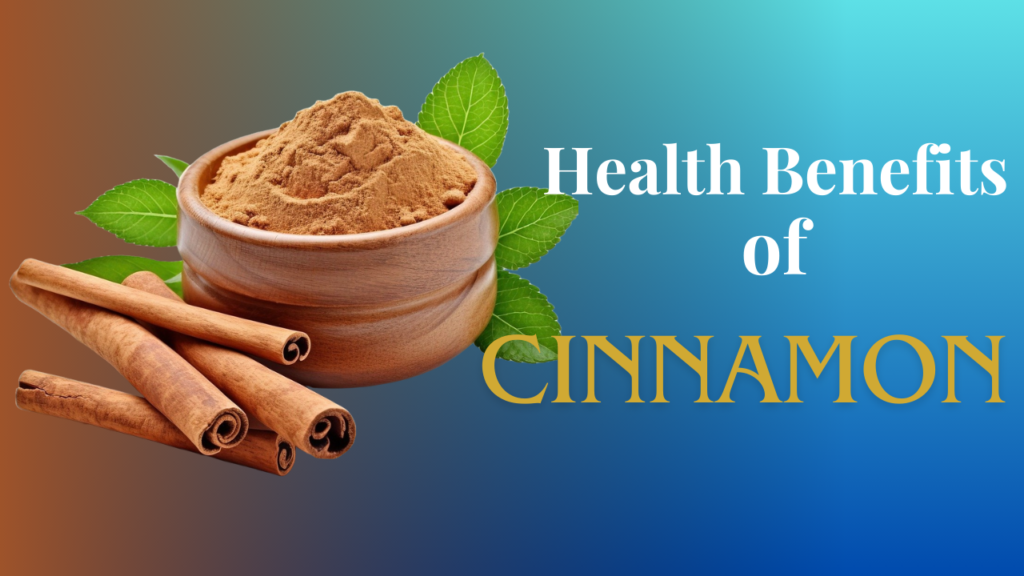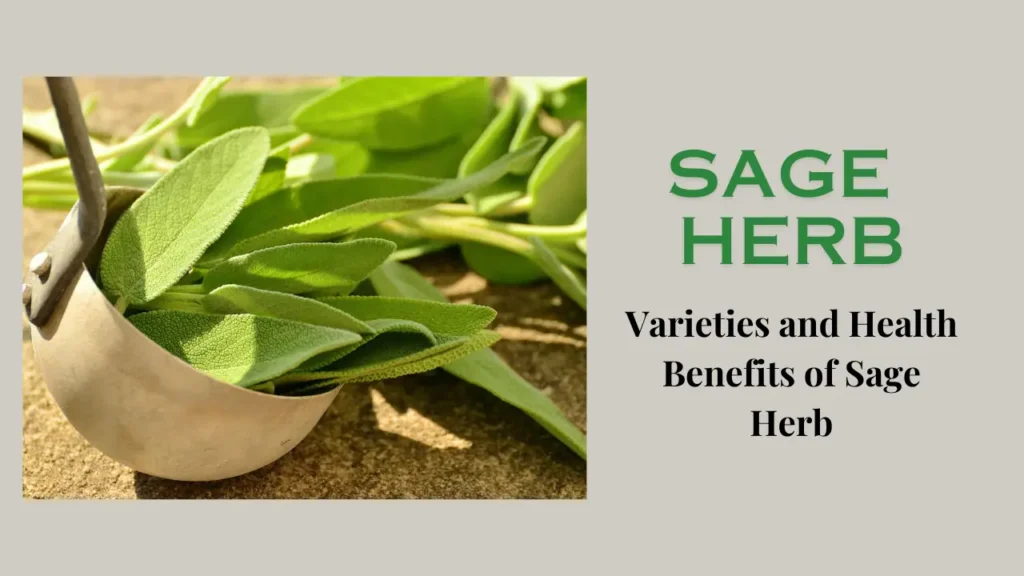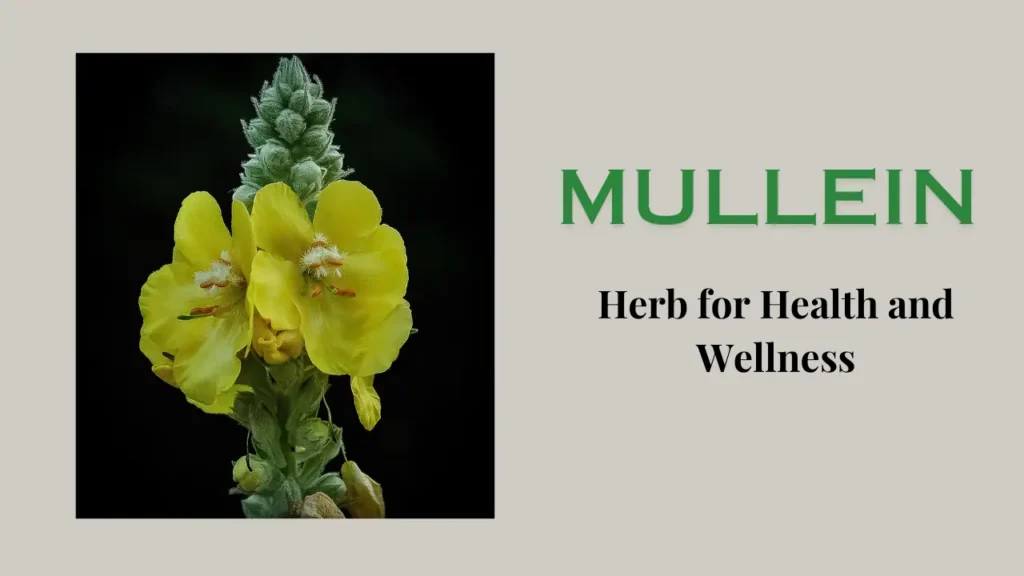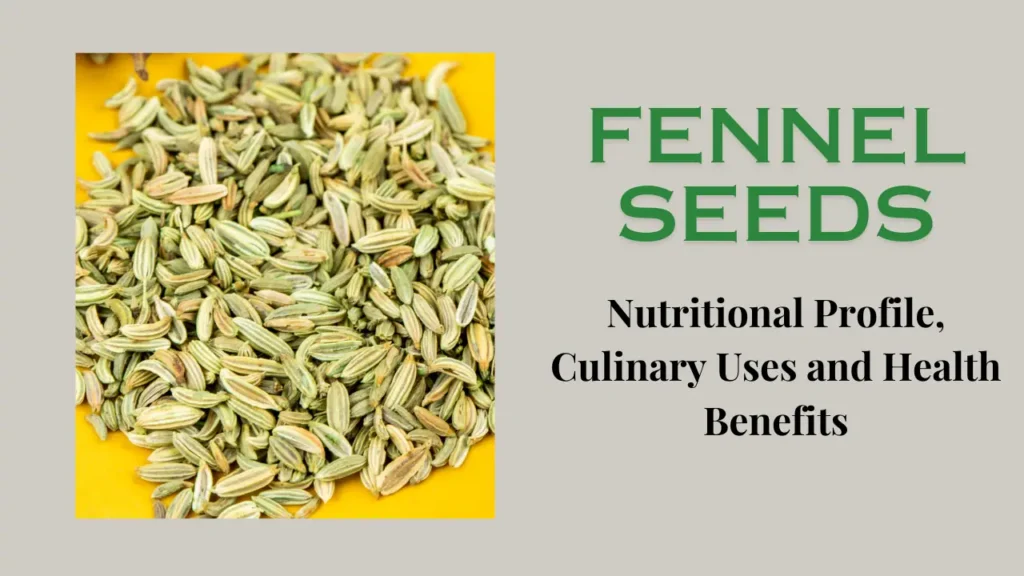Dandelion (Taraxacum officinale) is a flowering plant found in many parts of the world. Many people consider it harmful but it has a long history of medicinal use. This herb is rich in many nutrients and therapeutic compounds, which provide a variety of health benefits. Due to these properties, researchers and herbalists remain surprised.
It is a perennial herbaceous plant that belongs to the Asteraceae family. Yellow compound flowers and feathery pappus are its specialty. They spread their seeds through the wind and help in the growth of plants. It usually has a long taproot and deeply lobed leaves that form a rosette at the base.

Nutritional Value of Dandelion
These plants are rich in nutrients, and they are also known as nutritious plants. The main details of some of their nutrients are as follows:
- Vitamins: These plants are an excellent source of vitamins, including vitamin A, vitamin C, vitamin K, and various B vitamins such as thiamin, riboflavin, and folate.
- Minerals: It contain important minerals like calcium, potassium, iron, magnesium, and manganese.
- Antioxidants: They are rich in antioxidants like beta-carotene, lutein, and zeaxanthin, which help protect the body from oxidative stress and reduce the risk of diseases.
- Fiber: Adequate amounts of dietary fiber are found in these plants which promote digestive health and aid in regular bowel movements.
Exploring the potential health benefits of these nutrients:
- Vitamin A promotes healthy vision and supports immune function.
- Vitamin C is an antioxidant, supports collagen production, and boosts the immune system.
- Vitamin K is crucial in blood clotting and bone health.
- B vitamins contribute to energy metabolism and the proper functioning of the nervous system.
- Minerals like calcium, potassium, and magnesium are essential for maintaining healthy bones, muscles, and overall body function.
- Antioxidants protect cells from damage caused by free radicals, reducing the risk of chronic diseases.
- Fiber aids digestion, helps maintain healthy cholesterol levels, and promotes a feeling of fullness.
Health Benefits of Dandelion
A. Liver Health and Detoxification
- It has long been used in traditional medicine for its liver-supporting properties. It contains several compounds that help in the production of bile and support the detoxification processes of the liver. Additionally, it also acts as a natural diuretic and promotes the elimination of toxins through urine.
B. Digestive Health and Regulation
- Dandelion has been traditionally used to aid digestion and improve appetite. The bitter compounds present in this stimulate the production of digestive juices, enhancing digestion and nutrient absorption. It may also help reduce common gastrointestinal issues such as bloating and constipation.
C. Anti-inflammatory Properties
- Dandelion exhibits anti-inflammatory properties, due to its high concentration of antioxidants. Studies have shown that Its extracts can help reduce inflammation in the body, making it potentially beneficial for conditions such as arthritis, gout, and inflammatory bowel disease.
D. Antioxidant Activity
- Dandelion is rich in antioxidants that help neutralize harmful free radicals in the body, thereby reducing oxidative stress and protecting against chronic diseases such as heart disease, certain cancers, and neurodegenerative disorders.
E. Skin Health
- Dandelion’s antibacterial and anti-inflammatory properties make it a popular natural remedy for treating acne and other skin conditions.
- The antioxidants present in this herb protect the skin from free radicals, reducing the signs of aging such as wrinkles and fine lines
F. Immune System Support
- Dandelion’s abundance of vitamins and antioxidants strengthens the immune system, helping the body fight off infections and diseases.
- It may provide relief from allergies by reducing inflammation and acting as a natural antihistamine.
Read Also: Sage Herb
Culinary Uses of Dandelion
1. Edible Parts of the Dandelion
Almost all parts of the dandelion plant are edible and can be utilized in culinary preparations. The leaves, flowers, and roots offer unique flavors and textures. Here are some ways to incorporate dandelion into your diet:
- Leaves: Add young, tender leaves to salads for a slightly bitter and peppery taste, or cook them like spinach for a milder flavor.
- Flowers: Use the bright yellow flowers to garnish salads, make infused oils or syrups, or even use them to make dandelion wine.
- Roots: Roast or grind the roots to make a coffee substitute or use them in herbal tea blends.
2. Dandelion in Traditional Cuisine
Another way to include dandelion in your diet
Dandelion can be enjoyed in many other forms as well, including:
- Tea: Steep dried leaves or roots in hot water for a refreshing and nourishing herbal tea.
- Salad: Use fresh leaves as a base for a nutritious salad, adding other vegetables and a light dressing.
- Tincture: Purchase tinctures from health food stores and follow the recommended dosage for specific health concerns.
- Supplements: It also is available in capsule or tablet form, providing a convenient way to enjoy its benefits.
A side effect of dandelions
- Allergic Reactions: Some people may be allergic to this herb, particularly those who are sensitive to plants in the Asteraceae family. Allergic reactions may include skin rashes, itching, swelling, or respiratory symptoms like difficulty breathing or wheezing. If you have known allergies to this plant family, it’s best to avoid its consumption.
- Contact Dermatitis: Handling dandelion plants or coming into contact with their sap or pollen can cause contact dermatitis in sensitive individuals. This may result in skin redness, itching, or a rash. If you notice any skin irritation after handling dandelions, wash the affected area with soap and water and avoid further contact.
- Interactions with Medications: Dandelion may interact with certain medications. For example, it has diuretic properties, so it may enhance the effects of other diuretic medications, potentially leading to excessive fluid loss. Additionally, it may interact with anticoagulants or antiplatelet medications, increasing the risk of bleeding. If you are taking any medications, it’s important to consult with your healthcare provider before incorporating dandelion into your diet or using it as a supplement.
- Gastrointestinal Discomfort: While dandelion is known to aid digestion in most individuals, some people may experience gastrointestinal discomfort, such as bloating, gas, or an upset stomach. If you have a history of digestive issues or sensitivities, it’s recommended to start with small amounts of dandelion and monitor your body’s response.
- Pollen-Related Issues: Dandelions produce pollen, which can cause seasonal allergies in susceptible individuals. If you have a history of pollen allergies, you may experience symptoms such as sneezing, runny nose, or itchy eyes when exposed to dandelion pollen. Take precautions during peak pollen seasons and minimize exposure if you are sensitive to their pollen.
Conclusion








